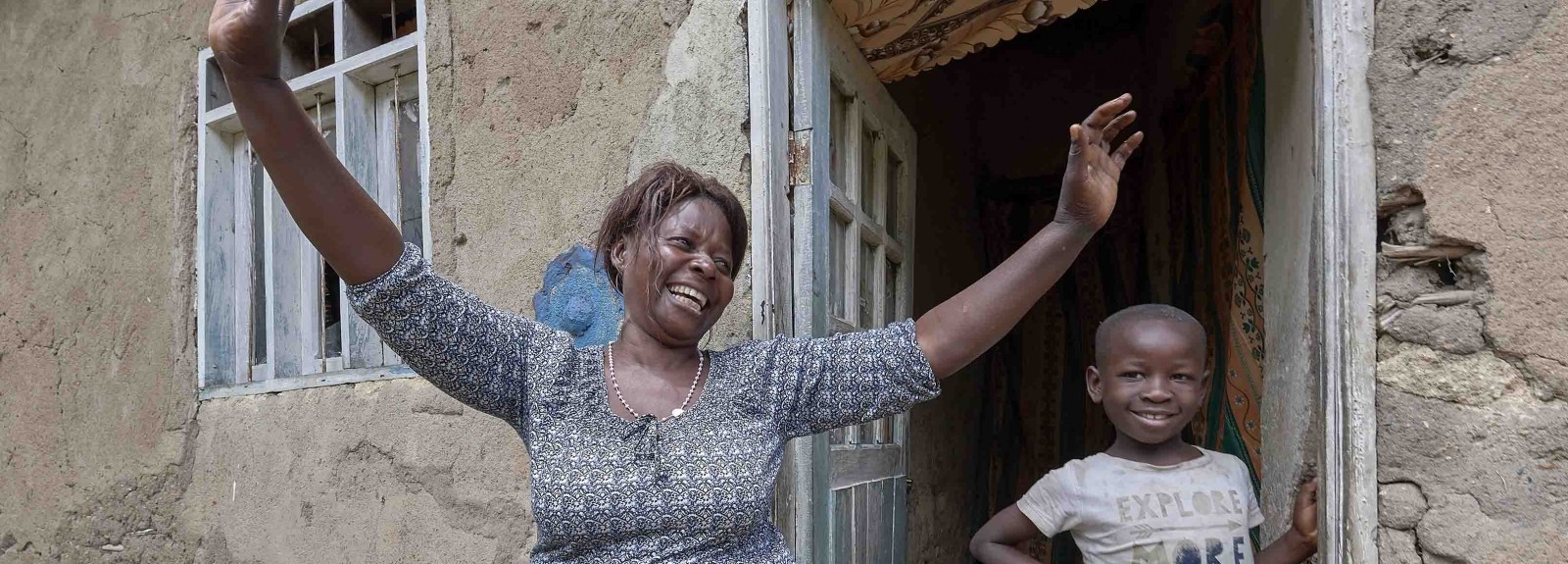After Ebola infected more than 3,400 people and claimed more than 2,000 lives in the Democratic Republic of Congo, health workers are hopeful, even as they remain vigilant, that this latest outbreak is finally nearing its end.
“The [over] 20-month duration of this outbreak and its challenges made this a particularly arduous task for relief workers, some of whom lost their lives," says Dr. William Clemmer, IMA World Health’s lead on the agency’s Ebola response, which is funded by USAID’s Office of U.S. Foreign Disaster Assistance.
Ebola in DRC
Ebola remains an endemic threat across central Africa and in DRC in particular. The outbreak, which started in August 2018, was the largest in the country’s history. It was also the first for which Ebola vaccines were available and where treatment protocols meant people survived the disease.
The response has been as challenging as it has been robust. A host of international NGOs joined UN and other actors in ramping up efforts to contain the outbreak, carry out contact tracing and surveillance, install transport and treatment protocols, and other critical work to contain the virus.
Working in eastern Congo comes with mobility challenges that were exacerbated in this response by security concerns. More than 100 militia groups fight for resources and territory, with significant risks to civilians, health care workers, and organizations involved in the response. Misinformation, myths about the disease and stigma against families who suffered a loss because of Ebola were significant challenges.
IMA’s Ebola response: A development approach in a humanitarian setting
Resources were leveraged to fight this outbreak at the expense of other, critical heath needs such as vaccination, malaria control, reproductive health care and more. However, Clemmer says the investments made to fight Ebola will enhance eastern Congo’s health systems and ability to respond to future Ebola outbreaks.
“Those left behind will have the resources, the training and the material to respond quickly and effectively with their own means,” Clemmer said. “In the end, perseverance, sincere collaboration, and sheer commitment resulted in a coordinated response to bring this outbreak of Ebola to a close.”


